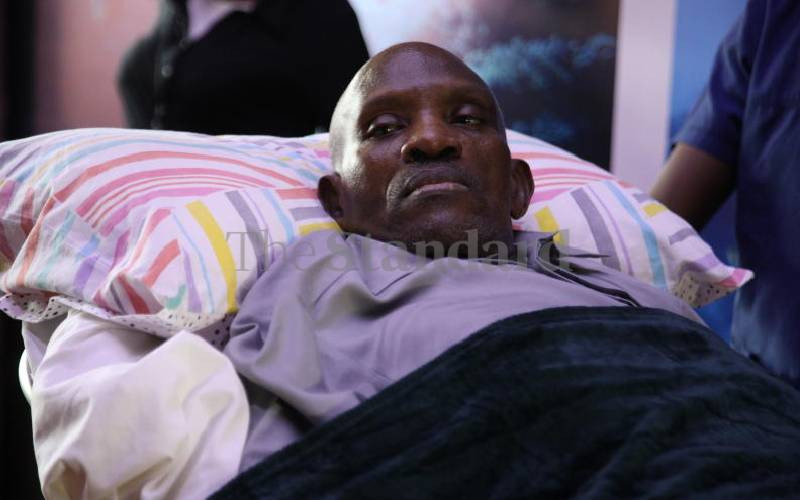×
The Standard e-Paper
Informed Minds Prefer The Standard

Audio By Vocalize

Details have emerged on how Kenyan taxpayers are carrying the heavy burden of government's failure to honor court orders, resulting in substantial interest payments.
Sometime in 2012, the Ministry of Health contracted Rockey Africa Ltd to supply Renal dialyses consumables.